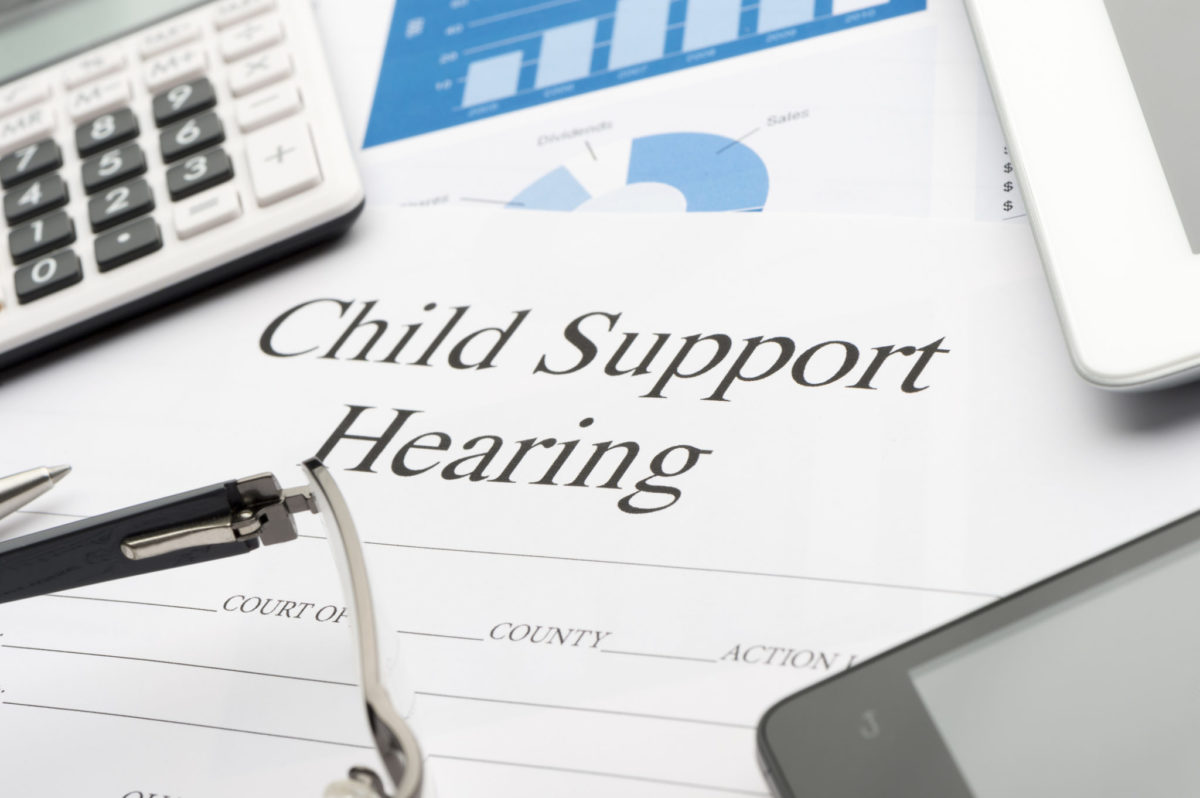How to Handle Visitation and Custody Arrangements?
Dealing with child custody and visitation arrangements can often be complex and emotionally charged. For parents in Savannah, understanding the legal framework and making informed decisions is crucial to ensuring the well-being of the children involved. Here are some essential steps and considerations for handling visitation and custody arrangements, guided by the experienced child custody lawyers at Kicklighter Law.
Understanding Georgia’s Custody Laws
In Georgia, the primary focus in any custody case is the child’s best interest. The state recognizes two types of custody: legal and physical. Legal custody pertains to the right to make significant decisions about the child’s life, such as education, healthcare, and religious upbringing. Physical custody, however, relates to where the child lives and the logistics of their day-to-day care.
Georgia law allows for joint or sole custody arrangements. Joint custody means both parents share decision-making responsibilities and physical custody, while sole custody grants these rights to one parent. The court may award joint legal custody while designating one parent as the primary physical custodian.
Crafting a Parenting Plan
A comprehensive parenting plan is a crucial element in any custody arrangement. This plan outlines how parents will share responsibilities and time with their children. It should include a detailed visitation schedule, specifying holidays, school vacations, and special occasions. The plan should also address transportation arrangements, communication methods between parents, and how changes to the schedule will be handled.
Parents are encouraged to collaborate in creating the parenting plan to ensure it meets their child’s needs and accommodates both parents’ schedules. If parents cannot agree, the court may impose a plan.
Factors Considered by the Court
When determining custody arrangements, Georgia courts consider several factors to prioritize the child’s best interests. These factors include:
- Parental Bond: The emotional ties between each parent and the child.
- Parenting Ability: Each parent can provide for the child’s emotional, educational, and physical needs.
- Home Environment: The stability and safety of each parent’s home.
- Health of the Parents: Both parents’ physical and mental health.
- Child’s Preference: Their preference may be considered depending on their age and maturity.
- Parental Involvement: Each parent’s involvement in the child’s life, including their willingness to foster a relationship between the child and the other parent.
Mediation and Negotiation
In many cases, mediation can be a valuable tool in resolving custody disputes. Mediation involves a neutral third party who helps parents negotiate and reach a mutually acceptable agreement. This process can be less adversarial and more collaborative, focusing on the child’s best interests rather than the parents’ conflicts.
Negotiation between parents, directly or through their attorneys, is another approach to resolving custody issues. Open communication and a willingness to compromise are key to successful negotiation. Parents should aim to prioritize their child’s needs and well-being over their differences.
Enforcing and Modifying Custody Orders
Once a custody arrangement is in place, it is legally binding. However, circumstances may change, necessitating modifications to the agreement. Changes in work schedules, relocations, or significant changes in the child’s needs can prompt a request for modification. To modify a custody order, the requesting parent must demonstrate a substantial change in circumstances that affects the child’s best interests.
If a parent violates the custody order, enforcement measures can be taken. This may involve filing a motion with the court to address the violation and ensure compliance. Consistent violations can lead to legal consequences for the non-compliant parent.
Legal Support and Guidance
Navigating visitation and custody arrangements can be challenging, but parents do not have to face it alone. Seeking legal guidance can provide clarity and support throughout the process. The child custody lawyers at Kicklighter Law in Savannah offer comprehensive legal services to help parents understand their rights and responsibilities, negotiate agreements, and represent their interests in court if necessary.
The Savanna Child Custody Lawyers at Kicklighter Law Help Divorced Spouses Navigate Visitation and Custody Arrangements
Handling visitation and custody arrangements requires careful planning, cooperation, and focus on the child’s best interests. The Savannah child custody lawyers at Kicklighter Law can help. Call us today at 912-754-6003 or fill out our online form for an initial consultation. Located in Springfield, Georgia, we proudly serve clients in Effingham County, Savannah, and the surrounding areas.





